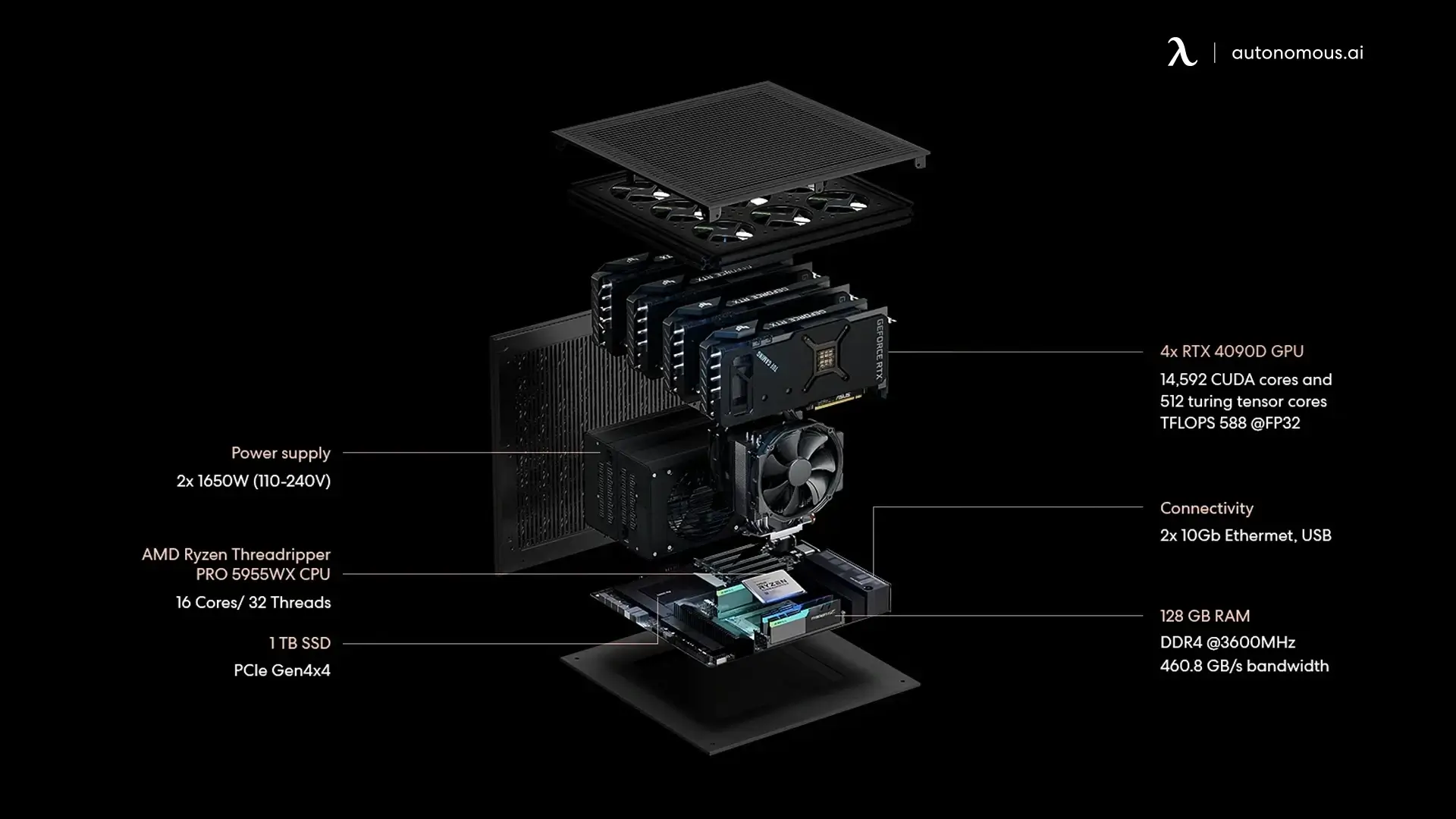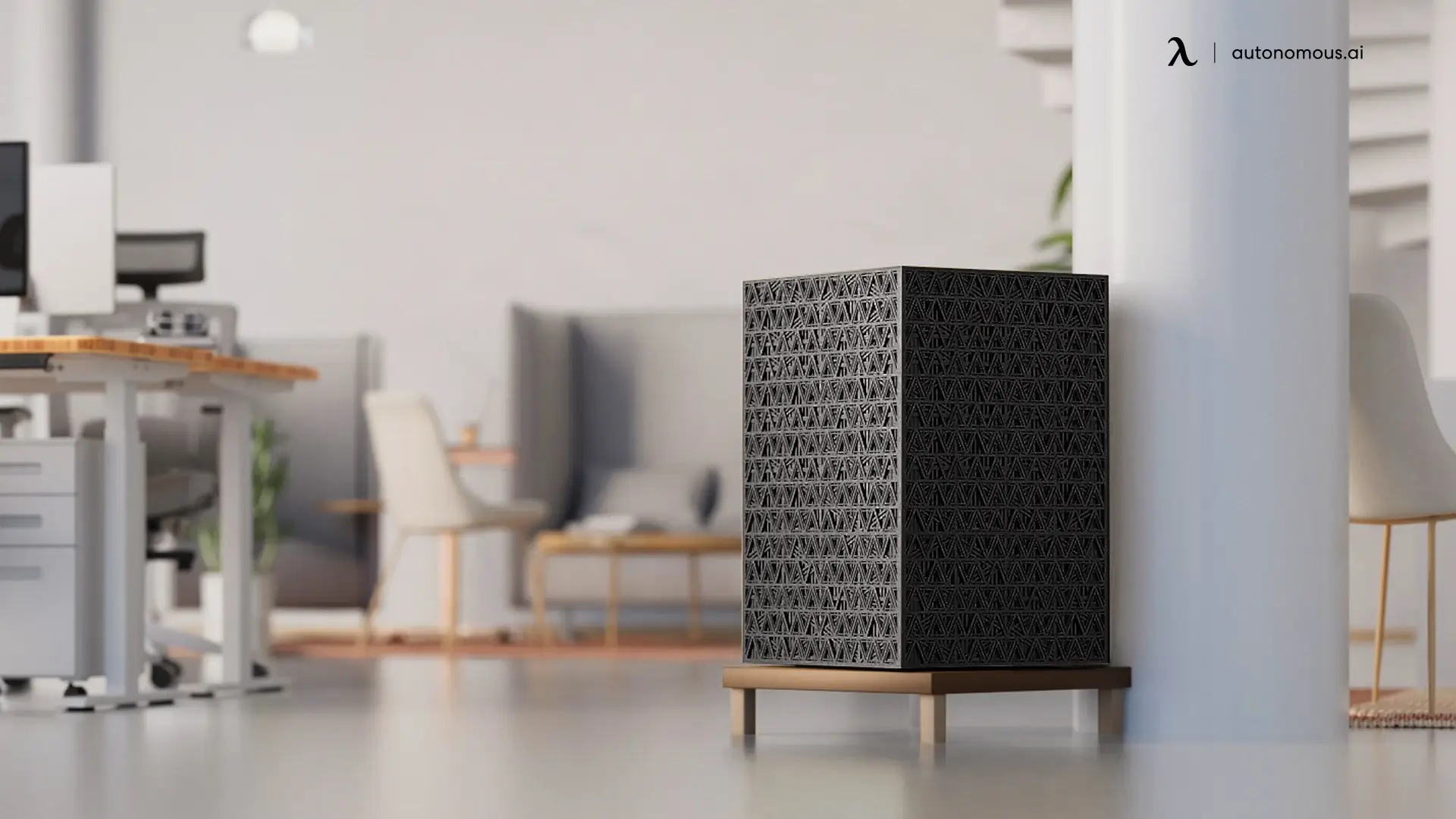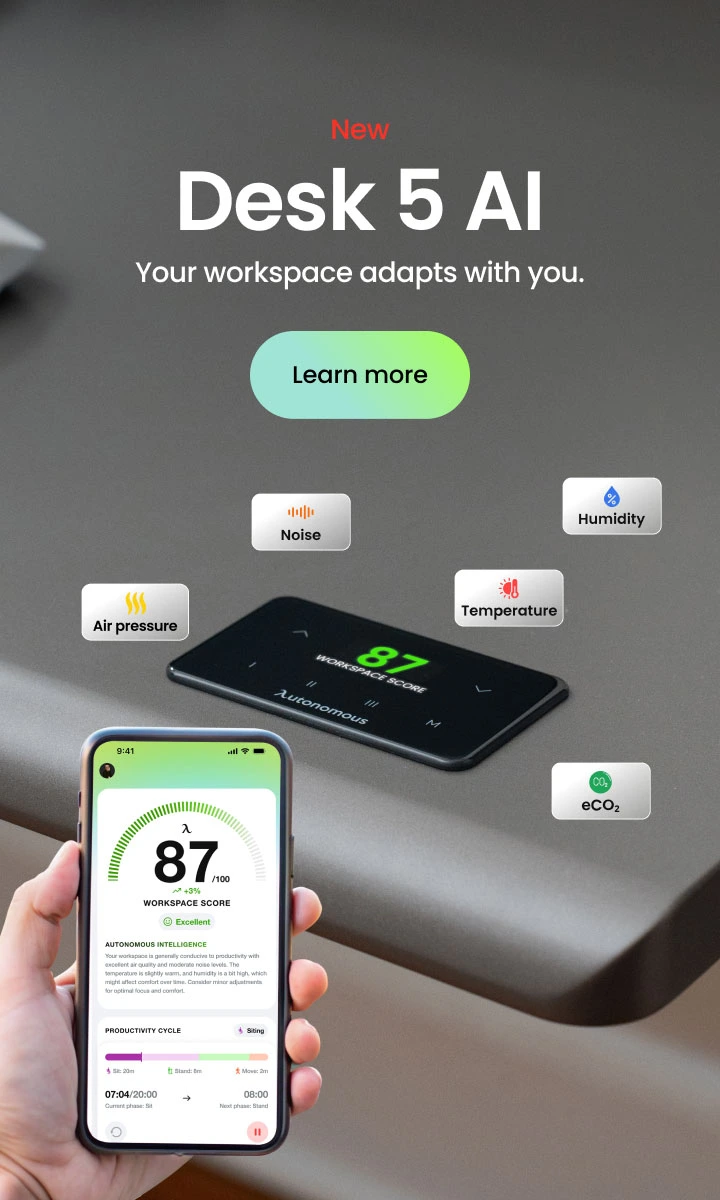.webp)
Table of Contents
The world of computing is evolving rapidly with the integration of artificial intelligence (AI) technologies into everyday devices. Among the most exciting developments are AI PCs—personal computers specifically designed to run AI tasks efficiently. These computers are built to enhance performance, enable smoother operations, and offer more privacy by processing data locally rather than relying solely on cloud services. In this article, we'll explore the world of AI-powered PCs, what they are, how they work, and how they can benefit users across various industries.
1. What Is an AI PC?
An AI PC is a personal computer designed to handle AI applications, such as machine learning, natural language processing, and image recognition, locally on the device. These computers are equipped with specialized hardware, such as AI CPUs, GPUs, and NPUs (Neural Processing Units), to support demanding AI workloads. Unlike traditional PCs, AI PCs are optimized for parallel processing, making them capable of running advanced AI models efficiently.
At its core, an AI PC combines high-performance computing hardware with software that enables intelligent tasks, all while ensuring that data processing happens within the device, rather than relying on cloud servers. In short, an AI computer isn't just a regular PC—it's built to understand, adapt, and respond to AI-specific tasks.
2. Key Components of an AI PC
A typical AI-powered PC contains several key components that enable it to handle AI tasks more efficiently than traditional systems:
2.1. AI CPU
The central processing unit of an AI PC, like traditional CPUs, handles general computing tasks. However, in AI PCs, the CPU is enhanced to handle AI-specific workloads alongside regular tasks. It works in tandem with other specialized components like the GPU and NPU.
2.2. GPU (Graphics Processing Unit)
AI models require intense computational power, and the GPU plays a critical role in accelerating AI tasks like deep learning. It performs parallel computations, which makes it ideal for AI tasks like image and video processing, data analytics, and simulations.
2.3. NPU (Neural Processing Unit)
An NPU is a specialized processor designed specifically for AI and machine learning tasks. It accelerates AI-specific computations, freeing up the CPU and GPU for other tasks. NPUs are highly efficient in handling matrix operations and large-scale neural network computations.
Together, these components make the AI PC capable of running sophisticated AI applications, providing the necessary power and performance to support these tasks locally.
3. How Do AI PCs Work?
The beauty of an AI-powered PC lies in its ability to process AI tasks locally, without needing to send data to the cloud. This is made possible by the combination of specialized hardware like AI CPUs, GPUs, and NPUs. Here's how it works:
- On-device AI Processing:
AI PCs can run AI applications directly on the device, such as natural language processing or image recognition, without needing constant internet connectivity or cloud-based resources.
- Parallel Computing:
Thanks to specialized hardware like NPUs and GPUs, AI PCs can handle multiple computations simultaneously, speeding up AI tasks like training large models or performing real-time analysis.
- Local AI Tasks:
Common AI tasks, such as voice recognition, facial detection, and predictive analytics, are handled by the AI CPU and NPU, allowing the PC to adapt to user needs and enhance the overall computing experience.
This capability allows AI computers to offer faster, more secure, and more private AI processing compared to traditional systems, where data might need to be transmitted over the internet for cloud-based processing.
4. Popular AI PCs and Devices
Many tech giants are now offering AI PCs designed to integrate AI capabilities into their devices. These include both laptops and desktops equipped with cutting-edge hardware for seamless AI processing.
Some of the popular AI-powered PCs include:
- Microsoft Copilot+ PCs:
Powered by Qualcomm Snapdragon X Elite processors, these laptops integrate AI features like real-time language translation, image generation, and intelligent assistants built into Windows.
- Apple Macs with M-series chips:
Apple's devices, powered by its Neural Engine, integrate AI features like facial recognition, text prediction, and more, offering seamless AI functionality across their ecosystem.
With NVIDIA RTX 4090D GPUs, this system offers top-tier performance for businesses and developers looking to run large-scale AI models locally. It supports tasks like deep learning, data analysis, and AI-driven automation, with an emphasis on data privacy and cost savings.

5. Benefits of AI PCs
Investing in an AI-powered PC brings a wide range of benefits, both for individuals and businesses. Here are the top advantages:
- Enhanced Performance:
AI PCs are specifically built to handle AI tasks like machine learning, deep learning, and data analysis. The combination of AI CPUs, GPUs, and NPUs enables these systems to process complex AI computations much faster than regular PCs.
- Data Privacy and Security:
Since AI tasks are processed locally, there’s no need to send sensitive data to the cloud, ensuring 100% data privacy. This is crucial for businesses dealing with confidential information or industries that require strict data compliance.
- Cost Savings:
While traditional cloud-based AI services can be expensive, AI PCs like the EdgeAI Computer allow you to own the hardware outright and avoid paying ongoing cloud service fees. With a quick break-even point, investing in an AI PC can save thousands of dollars in the long run.
- Powerful AI Tools:
AI-powered PCs enable access to cutting-edge tools for various industries—whether it’s image generation for creatives, real-time data analytics for businesses, or predictive modeling for healthcare and finance.
Read more: Cloud-Based vs. On-Premise Healthcare Solutions: Which One is Right for Your Hospital?
The future of AI PCs looks promising. As AI continues to advance, the demand for local AI processing will only grow. We can expect AI capabilities to become more integrated into personal computers, making them smarter, more efficient, and better suited to a variety of applications. EdgeAI Computer is already leading the way, providing a glimpse into what the future holds for AI-powered computing.

6. FAQs
What is an AI PC?
An AI PC is a personal computer designed with specialized hardware like AI CPUs, GPUs, and NPUs to run AI tasks locally, without relying on cloud computing.
How does an AI-powered PC differ from a regular PC?
An AI-powered PC is specifically optimized to handle AI tasks, offering enhanced performance through specialized hardware. It also processes AI tasks locally, ensuring better privacy and security compared to traditional PCs that depend on cloud-based AI services.
Is an AI PC worth the investment?
If your work involves AI tasks like deep learning, data analysis, or real-time language processing, investing in an AI-powered PC can save you time and money, especially by avoiding cloud service fees.
What industries benefit most from AI PCs?
Industries like healthcare, finance, logistics, and education can greatly benefit from AI PCs, as these industries often deal with large datasets and require real-time AI-powered insights and predictions.
Who makes AI PCs?
Major manufacturers like Intel, AMD, Qualcomm, Microsoft, and Apple are producing AI PCs. Popular models come from brands like Lenovo, HP, Dell, and Asus.
What does the HP AI PC do?
HP AI PCs integrate AI features into Windows PCs, enabling real-time translation, enhanced video calls, and intelligent assistants that process tasks locally for improved privacy and performance.
Why do I need AI on my laptop?
AI laptops help accelerate complex tasks like image recognition, data analysis, and natural language processing, making your computing experience faster, smarter, and more secure by processing data locally.
Does AI cost a lot of money?
The upfront cost of an AI PC can be higher due to specialized hardware, but it pays off over time by reducing reliance on expensive cloud services. Plus, the performance and efficiency benefits are often worth the investment.
How much does it cost to build an AI computer?
Building an AI computer can cost anywhere from a few thousand dollars for a basic setup with an AI CPU and GPU to tens of thousands for high-performance systems like the EdgeAI Computer, depending on your processing needs.
Can AI PCs be used for gaming?
Yes! AI PCs can greatly enhance gaming performance, with AI features like image upscaling and real-time enhancements, creating a smoother and more immersive gaming experience.
What is an NPU and why is it important for AI PCs?
An NPU (Neural Processing Unit) is a specialized processor designed to accelerate AI tasks efficiently. It handles tasks like deep learning and image recognition, freeing up the CPU and GPU for other operations, which boosts overall performance.
Are AI PCs secure?
AI PCs are often more secure than traditional systems because they process sensitive data locally, reducing the risks associated with cloud-based services. However, like any computer, security still depends on how it is used and maintained.
Conclusion
The rise of AI PCs marks a significant shift in personal computing. With EdgeAI Computer, businesses and developers can now access powerful, cost-effective AI solutions that ensure data privacy and high performance. As AI continues to shape the future of computing, investing in AI-powered PCs is a smart decision for those looking to stay ahead of the curve. Whether you're in creative fields, healthcare, or finance, the future of computing is here, and it's powered by AI.
Spread the word
.svg)







